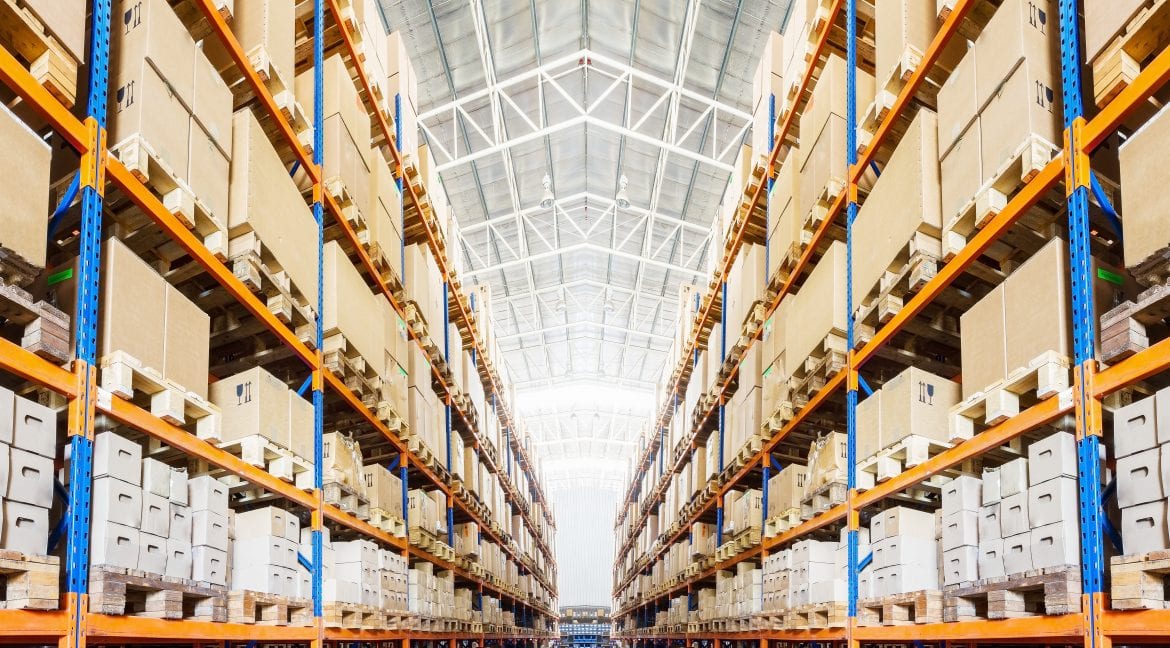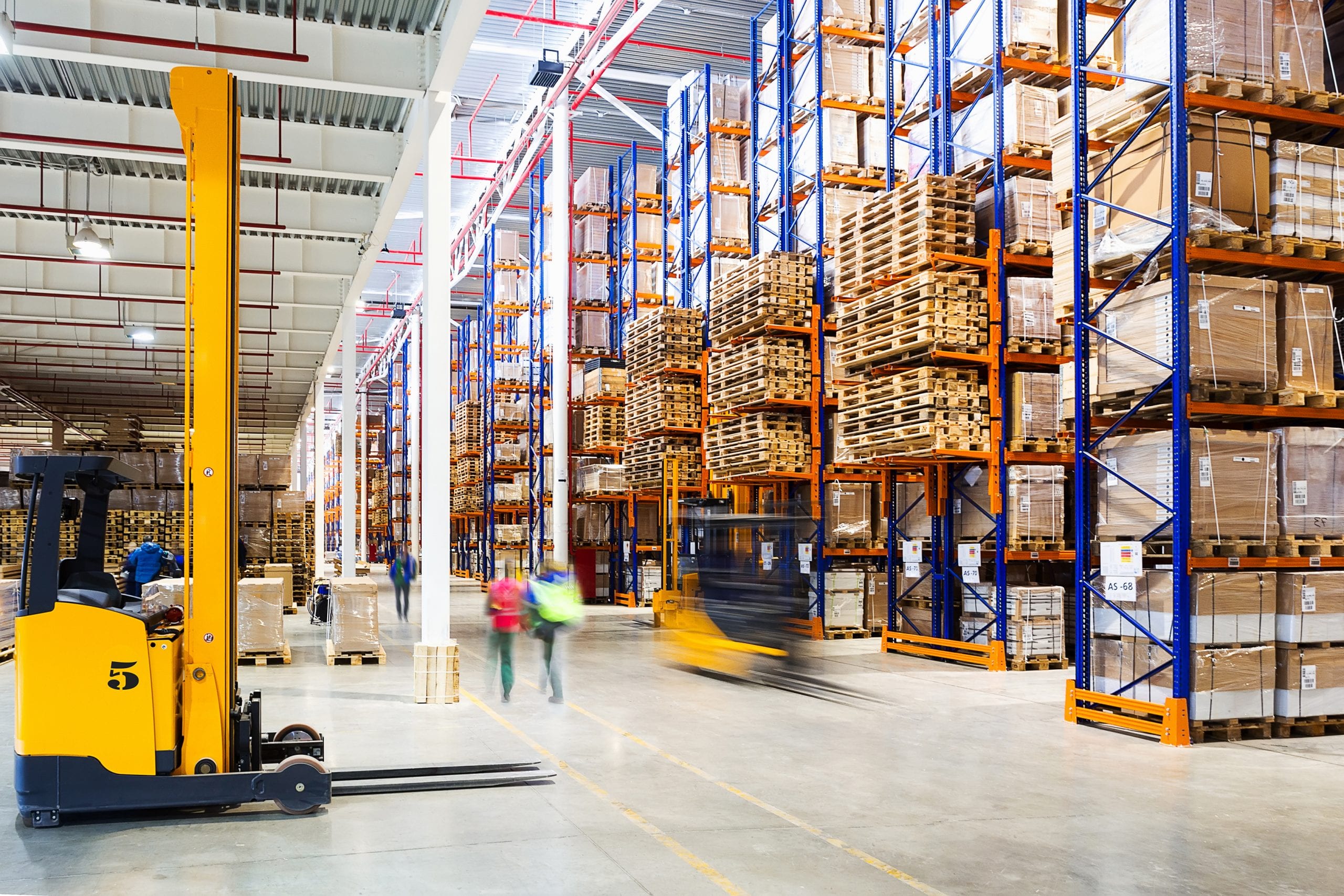If you’re just starting to consider warehouse leasing, it may seem like the only things to consider are floor space, location, and cost. Those factors are important, of course, but there are many more details that should be considered. Considering these details when you start thinking about warehouse leasing will help ensure that the warehouse you choose will be a good fit for your business.
Space
The square footage of the floor doesn’t actually determine how much space you have. It’s important to take into account the ceiling height of a warehouse and how much of the space is actually usable.
Usable Space
There are going to be parts of the warehouse you can’t use, such as pillars, walls, and loading areas. Usable space is the free space in the warehouse that is available for your purposes, whether you intend to use it for storage or manufacturing.
Ceiling Height
If you intend to stack your inventory or require large equipment, knowing the ceiling height is crucial. Usable space is important here, too – make sure you know if the ceiling height includes rafters. Rafters can reduce the usable height of a warehouse by several yards.
Expansion Possibilities
Your business is growing and you will, eventually, need even more room than this new warehouse can give you. Research the warehouses adjacent to your existing warehouses to see if it may be possible to lease one of those warehouses in the future. It will be more convenient to have two close warehouses, and it will be easier to have a place in mind than have to start your search all over again.
Usability
How well does a warehouse space actually suit your needs? Does the warehouse have the conditions you need to store your inventory correctly? Can you even get your equipment into the building? These are all important, but easily overlooked, details to consider.
Zoning
Do you know what the warehouse you’re interested in is zoned for? Can you do any manufacturing there? Can it be used as a retail store?
Zoning laws exist primarily to separate commercial, industrial, residential, and other designated types of properties. These laws dictate what a property can be used for, what the local noise regulations are, how much of what kind of signage you can have, and what kinds of chemicals can be used, among other things. Violating zoning laws can result in steep fines for you and your business.
Make sure the zoning permit is compatible with your plans for the space, or talk to the owner about the possibility of re-zoning the property.
Temperature Control
If your inventory or equipment requires particular environmental controls or ventilation, either ensure that the warehouse you’re leasing has what you need already, or talk to the landlord about the possibility of installing them. The landlord may cover the costs and install the equipment, or that may be your responsibility.
Electrical
If your manufacturing equipment, storage facilities, or temperature control systems require a lot of electricity, make sure the warehouse can handle that electrical load. If the property owner is unsure of how much electricity is available, consult an electrician.
Floor Load
Heavy equipment and inventory can damage a warehouse floor. Talk to the landlord or real estate agent to find out the warehouse floor’s load limitations. There is no workaround for floors that can’t handle the equipment you need, so it is very important to make sure the space is compatible with your needs in this area.
Accessibility
There’s no point in warehouse leasing if you can’t get your inventory into the warehouse. Make sure the roads and parking lots around the warehouse are available for use and accessible to trucks or other equipment. Ensure that there’s parking for any employees that will be working there as well so that they can easily access the warehouse.
Other Expenses
Rent isn’t the only thing you’ll be paying for when warehouse leasing. There are operating expenses, taxes, utilities, and insurance. It’s also important to read the lease and determine whether you or the landlord will have to pay for maintenance, repairs, and renovations. Moving in will have its own costs, too, such as transportation, equipment, and signage.
Warehouse leasing can be daunting. Knowing what you need to look for can help reduce that stress and make your final decision much more successful.
Are You Ready to Start Warehouse Leasing?
Contact Schwarz Properties! We specialize in commercial and residential property management in Virginia, South Carolina, and North Carolina. We lead the market for industrial and warehouse spaces for lease, and our portfolio also includes retail space, restaurant space, residential, office space, and many more. Call us at 336-625-6076 or visit our website.




